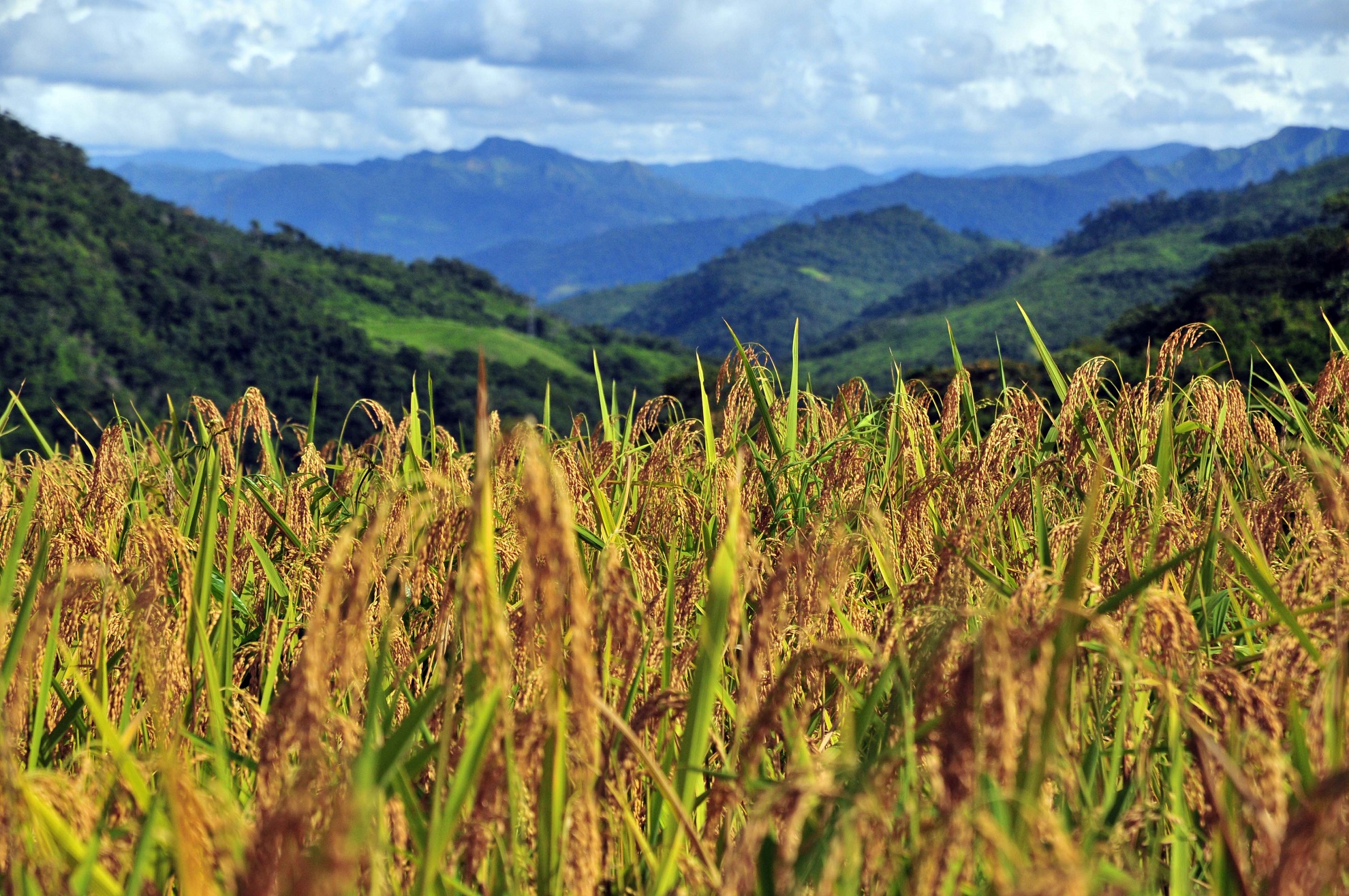Researchers examined the diet and lifestyle of a people in Bolivia with extraordinary healthy hearts. They take at least 15,000 steps a day, eat little fat and plenty of carbohydrates.

A team of researchers has found that an ethnic group in bolivia have a very healthy cardiovascular system. Hardly any individuals among them have calcified blood vessels, even in old age.
The Tsimané (pronounced chee-mah-nay) people live in Bolivia that makes their living fishing, hunting, gathering and growing, and their health is described in detail in a new study published in the medical journal The Lancet.
This ethnic group consists of about 16,000 members who live alongside the Maniqui River in the lowlands of northern Bolivia. They live in very poor conditions without electricity or running water. But they have the lowest incidence of cardiovascular disease recorded in any ethnic group on the planet, so far.
Calcium build-up
Measuring calcium build-up in the arteries gives a better indicator of the likelihood of heart problems than blood pressure and cholesterol levels according to recent reserach. Calcium build-up in the arteries marks the calcification of plaque, which results in hardening that can lead to heart attacks.
Scientists have for a long time studied 705 individuals over the age of 40. They visited 85 Tsimané villages between 2004 and 2015 and measured heart disease risk by carrying out x-ray scans on 705 adults aged 40 to 94.
At the age of 45, almost none of them any signs of calcification in coronary arteries. Compared to American 45-year-olds for whom a quarter show signs of calcification. Only a third of those aged 75 had some degree of deposits in the arteries, compared to 80 percent of Americans. They are five times less likely to develop hardening of the arteries. Their mean LDL and HDL cholesterol concentrations were also very low, 2·35 mmol/L (91 mg/dL) and 1·0 mmol/L (39·5 mg/dL), respectively.
“Despite a high infectious inflammatory burden, the Tsimane, a forager-horticulturalist population of the Bolivian Amazon with few coronary artery disease risk factors, have the lowest reported levels of coronary artery disease of any population recorded to date.”
A diet rich in carbohydrates
Their diet is considered to be key for their remarkable health. A quarter of their daily food intake consists of meat and fish. The meat comes from tapir, wild boar, and capybara. The rest consists mainly of self-grown rice, corn, cassava, plantains (cooking banana), fruit and nuts.
Almost three-quarters of the calories, 72 percent, are derived from carbohydrates and only 14 percent are from fat, mainly unsaturated. In the US, these proportions are 52 and 34 percent. The protein percentage is similar among the Tsimané and the average American, but the former eat mostly lean meats.
Excercice
Another key is exercise. The Tsimané people moves significantly more than others, even into advanced age. Men take an average of 17,000 steps a day and woman 16,000. Those over 60 years will still take up to 15,000 steps a day, which corresponds to about 11 kilometers or 7 miles. They are inactive for only 10 percent of the day.
The researchers are aware that the rest of us can hardly go back to being hunters and gatherers. The Tsimané suffers from infections and parasites, and infant mortality is high. But there are lessons to be learned from their lifestyle according to the researchers.
“These findings suggest that coronary atherosclerosis can be avoided in most people by achieving a lifetime with very low LDL, low blood pressure, low glucose, normal body-mass index, no smoking, and plenty of physical activity.”
Photographer Matthieu Paley journeyed to the Bolivian Amazon for National Geographic and lived with the Tsimané people. Click this link to view his fascinating presentation titled “We Are What We Eat: Bolivia”.
Reference:
Prof Hillard Kaplan, PhD’Correspondence information about the author Prof Hillard Kaplan et al. Coronary atherosclerosis in indigenous South American Tsimane: a cross-sectional cohort study DOI: http://dx.doi.org/10.1016/S0140-6736(17)30752-3











![OpenAI. (2025). ChatGPT [Large language model]. https://chatgpt.com](https://www.illustratedcuriosity.com/files/media/55136/b1b0b614-5b72-486c-901d-ff244549d67a-350x260.webp)
![OpenAI. (2025). ChatGPT [Large language model]. https://chatgpt.com](https://www.illustratedcuriosity.com/files/media/55124/79bc18fa-f616-4951-856f-cc724ad5d497-350x260.webp)
![OpenAI. (2025). ChatGPT [Large language model]. https://chatgpt.com](https://www.illustratedcuriosity.com/files/media/55099/2638a982-b4de-4913-8a1c-1479df352bf3-350x260.webp)








